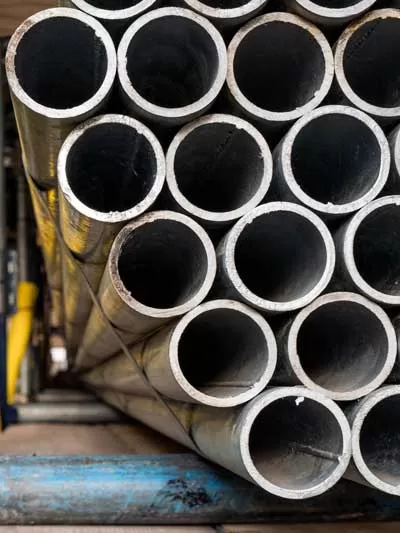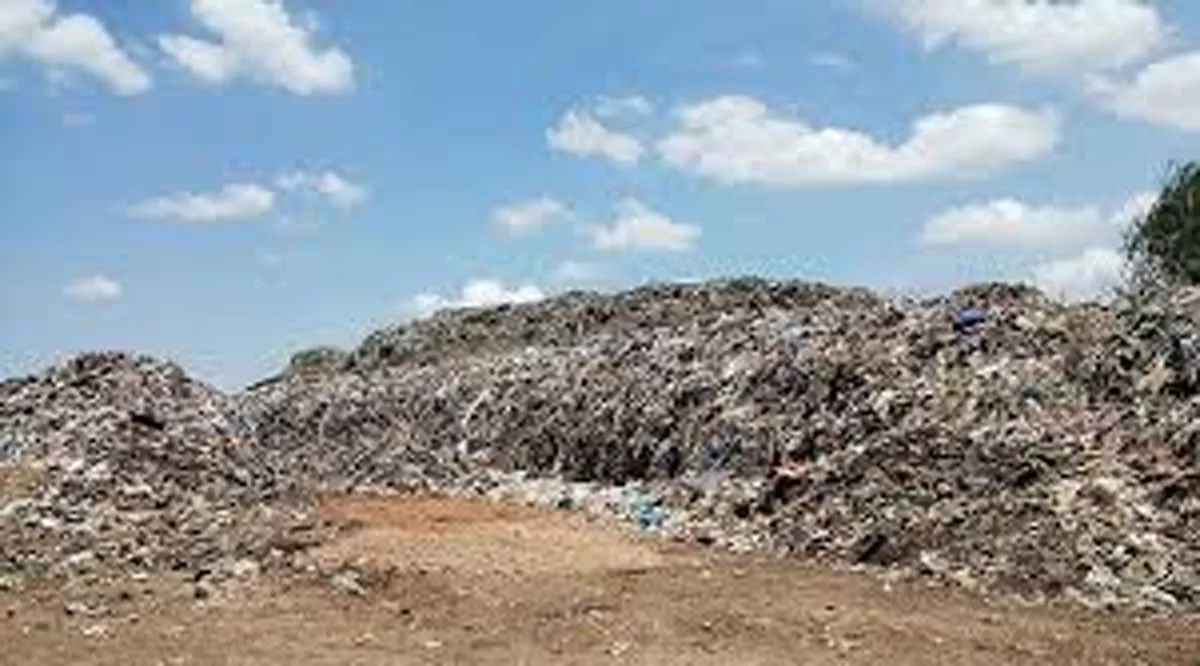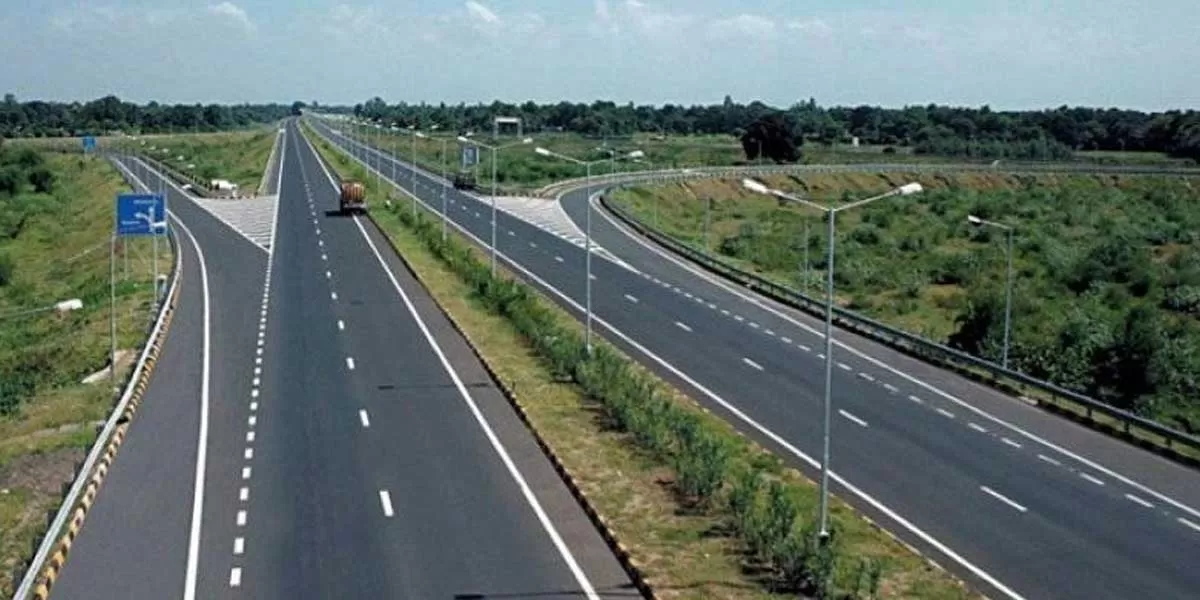
Indian Steel Mills Urge Iron Ore Export Ban Amid Surging China Sales

Thanjavur to Turn Garbage Dump into Eco-Park Under CITIIS 2.0
The Thanjavur City Corporation plans to convert its 28-acre garbage dump at the Chekkadi compost yard into an eco-park under the CITIIS 2.0 programme by the Union Ministry of Housing and Urban Affairs. The project involves bio-capping around 2 lakh cubic metres of legacy waste at an estimated cost of $3.6 million. This will include leveling mounds, adding soil layers, and installing systems to prevent groundwater contamination. A Waste Processing Facility (WPF) worth $2.4–$3.6 million will also be established to handle non-biodegradable waste. Additionally, 12 existing and six proposed mic..

Ceigall India Secures $111 Million Contract for Ludhiana Bypass
Infrastructure company Ceigall India Ltd has secured a significant contract from the National Highways Authority of India (NHAI) for the development of a six-lane greenfield southern Ludhiana bypass. The company received the Letter of Award (LOA) on March 13, 2025, according to a stock exchange filing. The project, part of the Ludhiana-Ajmer Economic Corridor, involves developing a 25.24 km stretch from NH44 near Village Rajgarh to the Delhi-Katra Expressway (NE 5) near Village Ballowal. Awarded under the Hybrid Annuity Mode (HAM), the project's estimated cost is approximately $104 million, ..

J&K Plans New Srinagar-Pahalgam Road to Boost Tourism
The Jammu & Kashmir Public Works (R&B) Department has announced plans to construct an alternative road from Srinagar to Pahalgam via Khrew, Wahab Sahib, Syedabad (Pastuna), Karmula Tral, and Lehndajan. The new route is expected to reduce the travel distance between Srinagar and Pahalgam by approximately 30 kilometers, enhancing connectivity and promoting tourism in the lesser-explored upper regions of Tral. The project was discussed in response to a Starred Assembly Question raised by MLA Pampore, retired Justice Hasnain Masoodi. The Minister Incharge highlighted that the initiative would boo..














